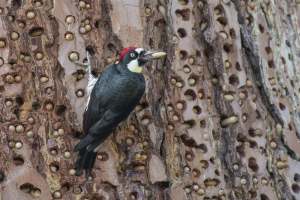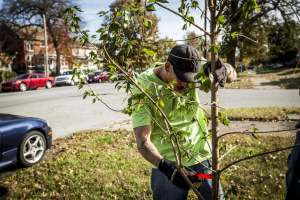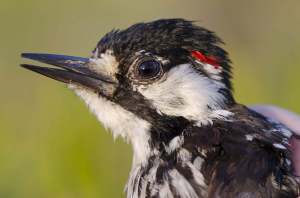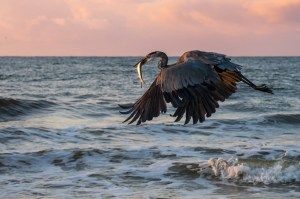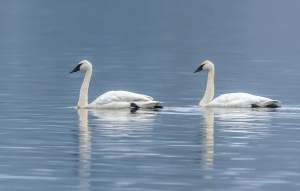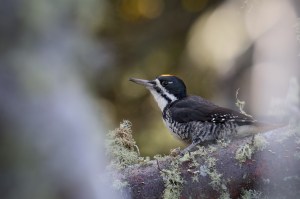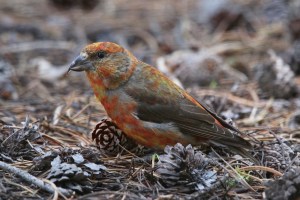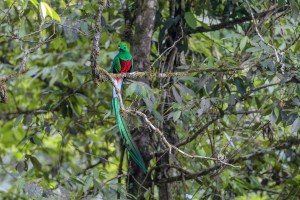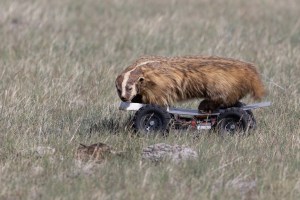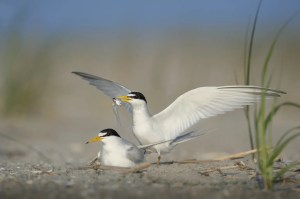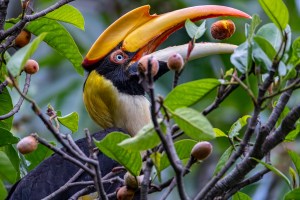Discover stories in Birds
It Takes a Village: What Birds Teach Us About Cooperation and Family
Why do some birds raise chicks that aren’t their own? A look at the surprising strategy of cooperative breeding and what drives it.
Greener Cities, Cleaner Air: How Urban Design Can Help Save Native Birds
Urban greening and pollution reduction restore bird habitats. This research shows how conservation transforms cities for people and nature.
Family, Survival and Change: The Secret Life of the Red-cockaded Woodpecker
Lauren Pharr uncovers how family bonds and teamwork help red-cockaded woodpeckers thrive in longleaf pine forests, even as climate change reshapes their world.
Growing Seagrass? Better Add a Sprinkle of Bird Poop
TNC and its partners are restoring habitat with the help of a little bird-poop fertilizer.
Meet the 7 Swans a-Swimming
Those seven swans a-swimming aren't just for the holiday song. There are seven swan species—and each has its own wild story.
Searching for Black-backed Woodpeckers After the Burn
Learn the fascinating life history of the unusual, elusive black-backed woodpecker.
A Search for the Cassia Crossbill, Idaho’s Endemic Bird
Meet the crossbill shaped by lodgepole pine “islands” and an absence of squirrels.
Breakfast with the Resplendent Quetzal
Haunting the cloud forest on a quest to find the magnificent, and increasingly rare, national bird of Guatemala
Remote-Controlled Badger Helps Study Prairie Dog Alarm Calls
Researchers in Montana use a taxidermied badger and remote-control car to show how long-billed curlews listen in on prairie dog alarm calls.
Call Boxes & Crow Effigies: Protecting Nesting Birds in Cape May
TNC is using call boxes, fake effigies, and bird decoys to protect nesting shorebirds on Cape May.
Climate Mitigation Depends on Seed-Dispersing Wildlife
A new study finds that the loss of seed-dispersing species in tropical forests more than halves the potential for areas of natural regrowth to sequester carbon.
A Bird’s Eye View: Drones Search for Grassland Birds in Colorado
At The Nature Conservancy’s Carpenter Ranch Preserve, drones assist in the search for grassland birds.
